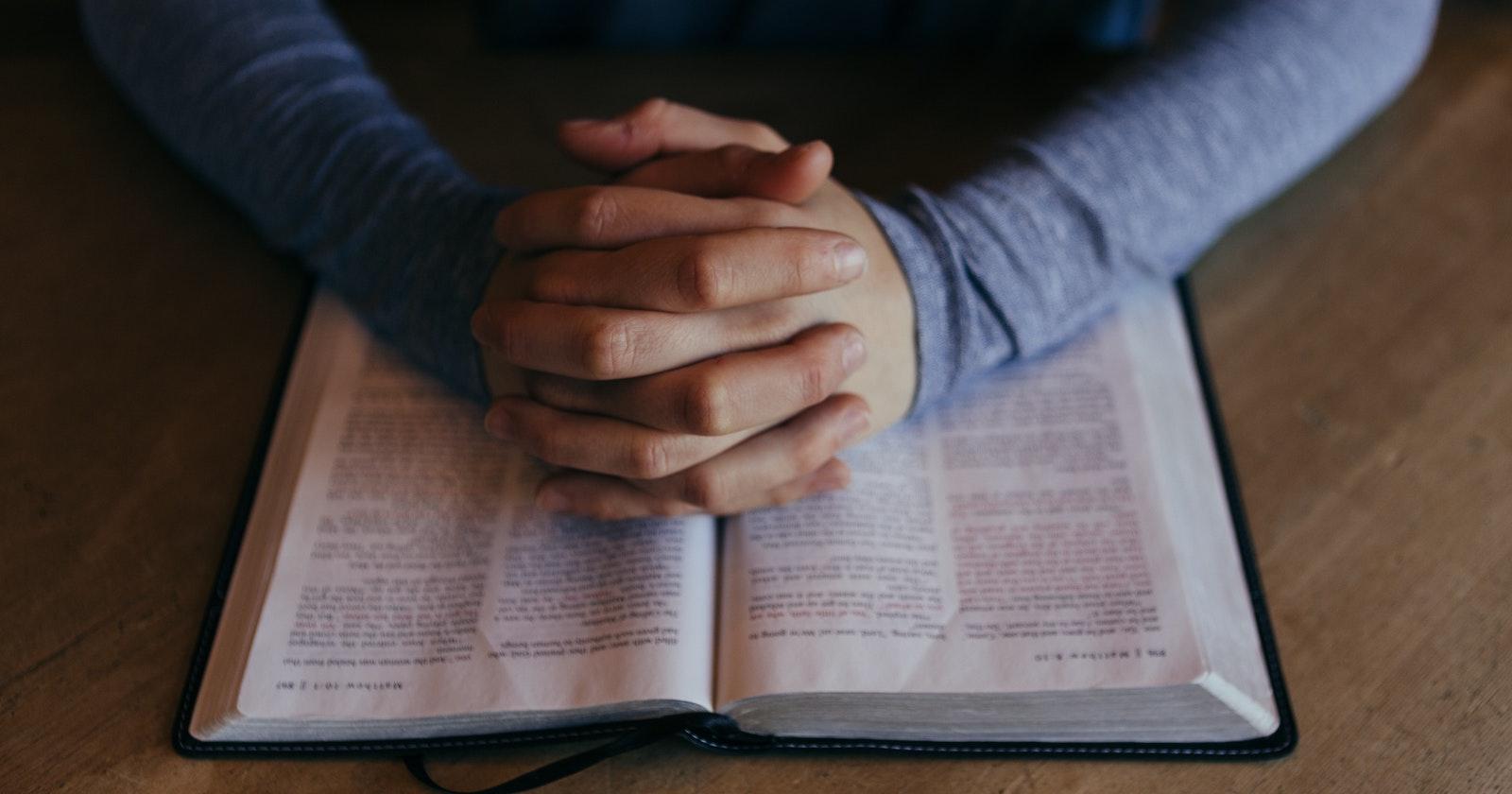
How to Model a Faith Worth Keeping
I don’t think there was anyone in my life that shaped my faith more profoundly than my dad.
Lately, I have found myself spending more and more time reflecting on exactly what my father did that had such a transforming effect on my life.
Here is one thing I know: we did not have a lot of deep spiritual conversations.
There were some, and I believe spiritual conversations are very important when it comes to passing faith on to our kids, but more than anything, what I remember about my father was what he modelled.
I remember dad going through a season of lenting from TV. I remember him awkwardly trying to share his faith with non-Christian friends at the rink after our small community experienced deep tragedy. I remember watching dad openly and authentically respond in tears at church when he spoke of heaven and being with Jesus, and I remember him grieving deeply when we discovered mom had cancer.
I remember dad reading his Bible, and fighting to live with integrity and justice. And I remember my father authentically enjoying all people in our community, without compromising his relationship with Jesus Christ. What my dad modelled moved me.
It was very clear in both our Renegotiating Faith and Hemorrhaging Faith research projects that what was modelled within the family unit, and what kind of environment we created within the family unit, had a profound effect on the faith formation of the next generation.
What specifically are some things that we need to model and embrace in our families that can make a significant impact in the lives of our children? Let me give you a few ideas.
Model spiritual disciplines
It is one thing to make your kids do disciplines (read the bible and pray), and it is certainly not a bad thing at all to have devotional time with your children, but it is another thing to authentically model disciplines before your kids. In fact, young adults over and over told us specifically that what their parents modelled had a deeper impact in their lives than what parents made their children do.
Don’t be afraid of confession
Our kids don’t need perfect parents. They already know those parents don’t actually exist. What they need are parents of integrity.
Integrity doesn’t mean we don’t make mistakes, it means when we make mistakes, we own them. I think one of our fears is that confession may be a sign of weakness to our children, but that is only when confession is a means to an end...when we confess as a way of getting something in return, like maybe affirmation or control.
But when we humbly confess simply because it is the right thing to do, regardless of the response, it is experienced as an act of strength and authentic faith.
Work hard to create an environment of relational security, even in the midst of fighting
Our goal as parents is not to avoid conflict (it’s also not to create conflict).
Every good parent knows that conflict will come, because none of us, including our children and ourselves, are always good! And while it is necessary for our kids to experience appropriate consequences for poor choices and wrong actions, our goal is to maintain relational security, even in the midst of the conflict.
One way to do this is to make sure we challenge and confront the wrong behaviour, attitudes, and beliefs of our child while affirming our unconditional love for them. Part of what that means is as parents, especially if things have gone wrong, we take it upon ourselves to be the ones that initiate reconciliation first. And we always provide a way or open the door for our kids to move back toward relational restoration.
Model working through hardship, not avoiding hardship
When appropriate, don’t be afraid to open the window to your children on what it looks like to wrestle through difficult situations—situations like seeing God provide when resources are not in abundance, or processing right ways to deal with relational conflict, or asking God to give hope in the midst of situations that seem hopeless. Of course, we need to be careful to not place the burden of our struggle on our kids. We own that. But we do allow them to observe the right way to work through our struggles.
The second part to that journey is that we help our kids navigate their own hardships, as opposed to automatically rescuing them. When we consistently step in and remove them from their hardships, we remove the opportunity for them to experience God in their hardship.
Create environments that encourage our kids to articulate faith... and struggles with faith
It can be really hard to get our teens to share more than one or two sentences about their day, let alone their faith. I understand this. But there are a couple of things we can intentionally do to open up the door for honest sharing:
Don’t force the small moments to become large moments. Sometimes our kids will open the window into their journey just a crack, and if we try and force that window wide open, we may lose the opportunity to experience the crack. However, if we don’t push, and our kids feel safe to share a little without having to share a lot, the next time they may share more.
Promote an environment of truth and grace. How we respond to other situations tells our kids how we will respond to their situation. If they hear us responding with anger, condemnation, or degradation to other people’s struggles and failures, that creates an assumption that we will respond to their struggles and failures. Fight to make your home an environment of truth and grace, no matter who or what you are talking about.
For more advice on how to handle the intense conversations with your teens, read my blog here.
Don't belittle online conversations. Don’t belittle online conversations. Sometimes we think a quick text about an issue or problem is an insignificant moment. It’s not. For a teenager, it can be a safe way to open the door of vulnerability. If you respond well, over time (in my case with my son, over a year) those texting conversations can become face to face conversations.
Most importantly, while we absolutely celebrate the role and importance others play in the faith formation of our teens, we never abdicate the responsibility or opportunity we have within our own family experience.
We don’t ‘subcontract’ passing on faith, we embrace it.

